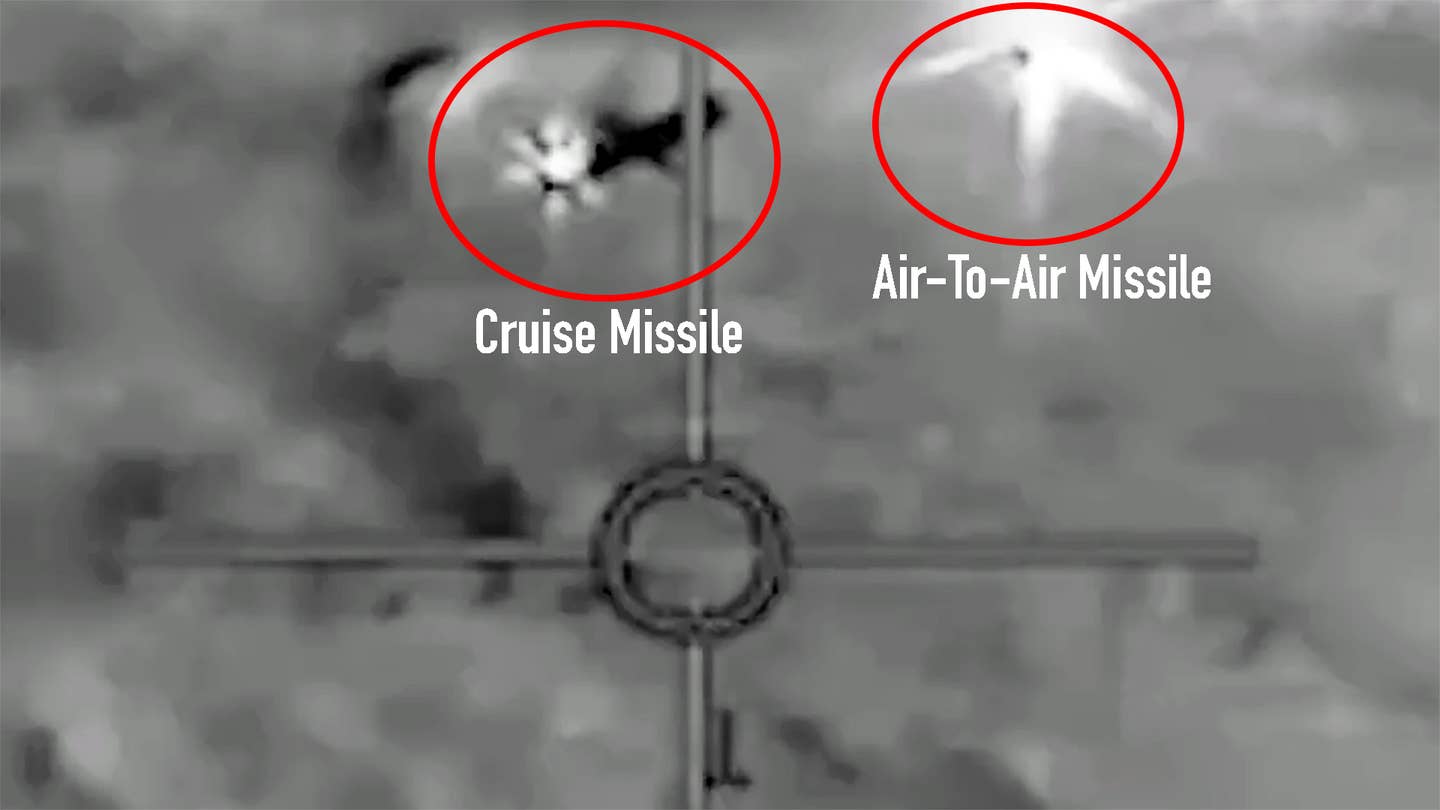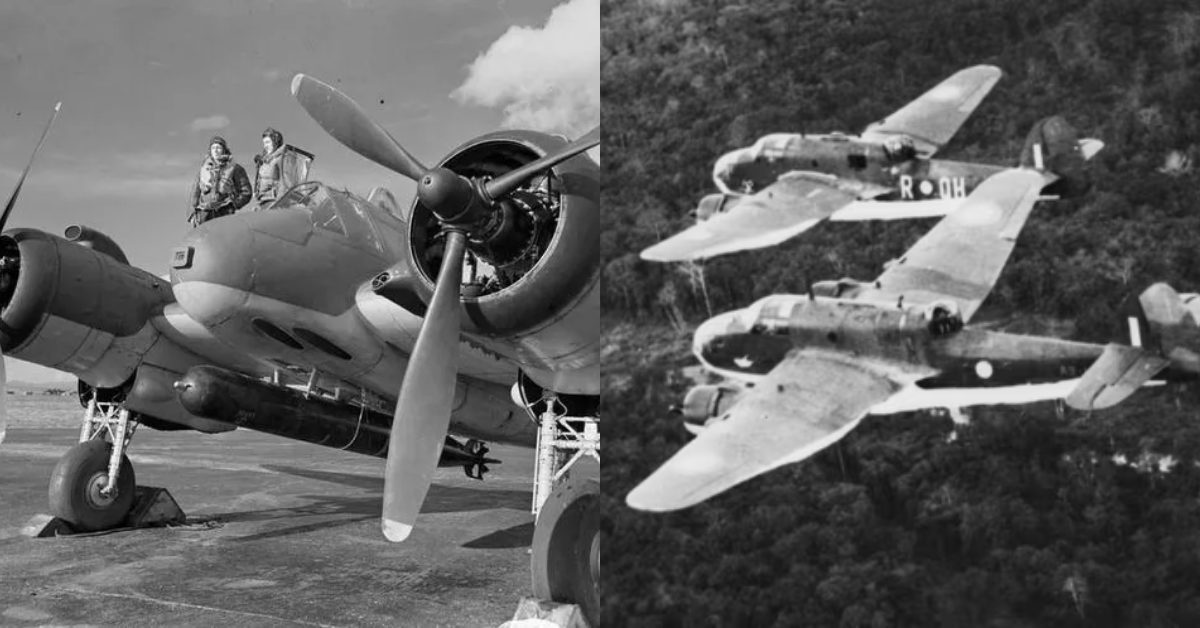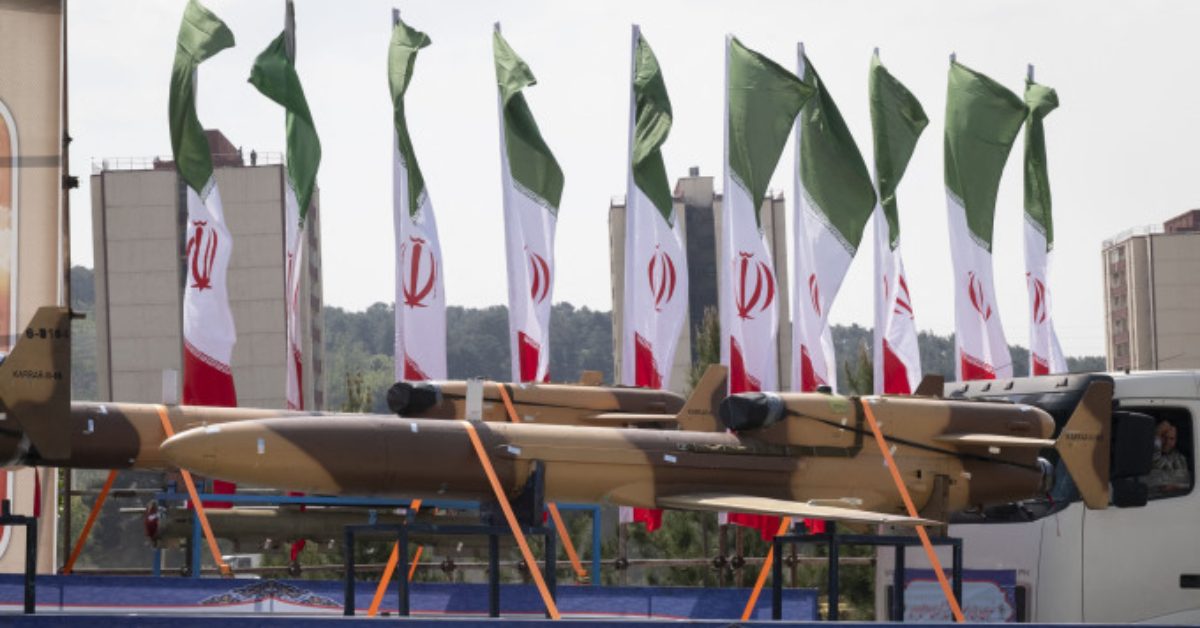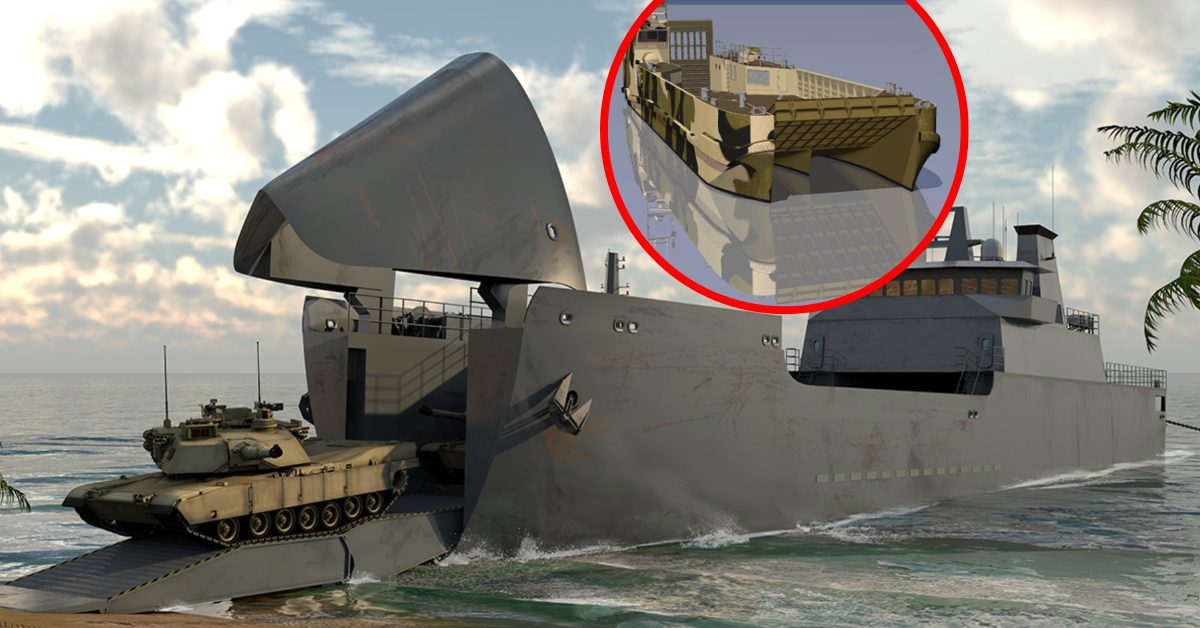The Israeli Air Force (IAF) successfully intercepted a Houthi cruise missile aimed at Israel on October 31. This extraordinary feat was accomplished through a close and effective cooperation between an IAF special mission aircraft and ground-based radars, which ultimately led to the F-35I Adir fighter aircraft neutralizing the threat.

The Houthi rebels in Yemen launched a barrage of missiles, including two cruise missiles and a ballistic missile, toward Israel on that fateful day. While the ballistic missile was thwarted by Israel’s Arrow 3 missile defense system, the interception of the cruise missiles stands as a testament to the IAF’s strategic capabilities. The F-35 Adir was the key player in this interception operation. Armed with an air-to-air missile, the F-35 Adir swiftly and accurately neutralized the incoming cruise missiles, ensuring the safety and security of the Israeli airspace. This outstanding achievement underscores the importance of having cutting-edge technology at the forefront of national defense.


This intricate operation was orchestrated by the Israeli Air Force’s “Nachshon” 122nd squadron, responsible for operating a variety of special mission aircraft. The aircraft used in this interception mission was the Airborne Early Warning & Control (AEW&C) aircraft developed by Israel Aerospace Industries (IAI). The AEW&C aircraft is equipped with advanced systems, including an AESA radar, IFF (Identification, Friend or Foe), SIGINT (Signal Intelligence), and communication systems, which enable it to generate and disseminate a comprehensive Air and Maritime Situational Picture. Additionally, it incorporates an Air Battle Management and Strike Aircraft Guidance System, making it an invaluable asset for the IAF. The sophisticated technology behind this remarkable interception was developed by ELTA, the electronic group of IAI. The AEW&C aircraft’s dual-band AESA radar, providing complete 360° azimuthal coverage, played a pivotal role in detecting and tracking the incoming threat.

Lockheed Martin F-35 Lightning II Israeli procurement is the result of an agreement for the government of Israel to procure the Lockheed Martin F-35 Lightning II for the Israeli Air Force as the F-35I “Adir”. The first nine F-35s became operational with the Israeli Air Force in December 2017. On 22 May 2018, Israeli Air Force commander, Major General Amikam Norkin, reported that Israel had become the first country in the world to use the F-35 in combat. In November 2020, an F-35I testbed aircraft was delivered. This was the only example of a testbed F-35 delivered to an air force outside of the United States. As of 13 November 2022, the Israeli Airforce has 36 F-35s in service, including the testbed stationed at the Flight Test Center at Tel Nof Airbase, and operates three squadrons at Nevatim Airbase – the 140th, 116th and 117th.

The United States initially refused to allow the integration of Israel’s own electronic warfare systems into the aircraft’s built-in electronic suite. However, Israel planned the introduction of a plug-and-play feature added to the main computer to allow for the use of Israeli electronics in an add-on fashion, and to fit its own external jamming pod. In 2012 Lockheed was awarded a contract to make changes to the first Israeli F-35s to allow the installation of Israeli electronic warfare equipment produced by Elbit Systems. Israel also plans to install its own indigenously-produced guided bombs and air-to-air missiles in the F-35’s internal weapons bay. Benni Cohen compared the Israel Aerospace Industries command and control system to an iPhone App that would run on top of the central avionics. Israel Aerospace Industries was to manufacture the outer wings of Israel’s F-35s.[73] IAI may also play a role in the development of a proposed two-seat F-35. The Israeli F-35s helmet-mounted displays were also to be manufactured in Israel.





